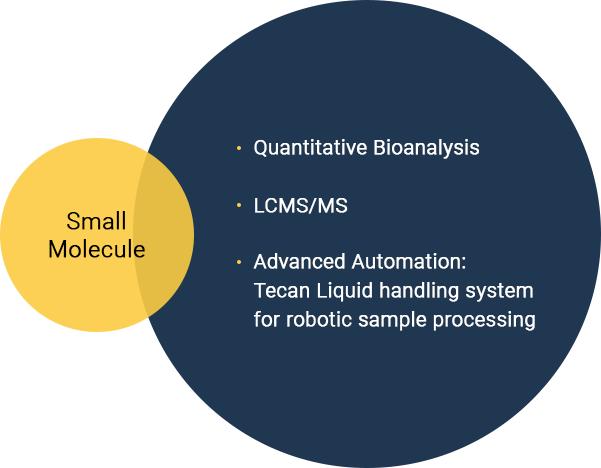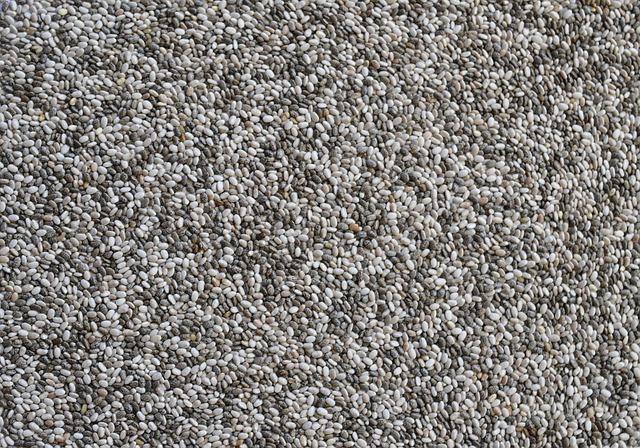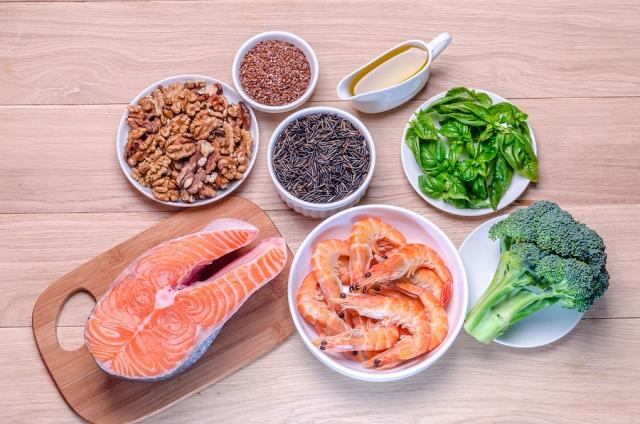In the ever-evolving landscape of nutrition, the quest for optimal health often leads us to ponder the mysteries of dietary components that promise vitality and longevity. Among these, omega-3 fatty acids have long been celebrated for their myriad health benefits, from bolstering heart health to nurturing brain function. Traditionally, the spotlight has shone brightly on fish oil as the quintessential source of these essential fats. However, as the tide of dietary preferences shifts towards plant-based lifestyles, a new question emerges on the horizon: Are plant-based omega-3 sources as effective as their marine counterparts? This article delves into the heart of this nutritional debate, exploring the science behind plant-derived omega-3s, examining their efficacy, and unraveling the implications for those seeking to harmonize health with a plant-centric ethos. Join us as we navigate the verdant world of plant-based nutrition, seeking clarity amidst the sea of information.
Exploring the Nutritional Landscape of Plant-Based Omega-3 Sources
When delving into the vibrant world of plant-based omega-3 sources, it’s fascinating to explore the diverse options available that contribute to a balanced diet. While traditionally, fish oil has been heralded as the primary source of omega-3 fatty acids, plant-based alternatives are increasingly gaining recognition for their nutritional benefits. The key players in this landscape include flaxseeds, chia seeds, and walnuts, all rich in alpha-linolenic acid (ALA), a type of omega-3 that the body can convert into the essential fatty acids EPA and DHA, albeit at lower conversion rates compared to direct sources like fish. This means that while plant-based sources may not deliver omega-3s as efficiently as fish oil, they offer an array of other health benefits and are an excellent choice for those following a vegetarian or vegan lifestyle.
- Flaxseeds: These tiny seeds are a powerhouse of ALA, fiber, and lignans. They can be easily incorporated into smoothies, oatmeal, or used as an egg substitute in baking.
- Chia Seeds: Known for their hydrophilic properties, chia seeds are not only high in ALA but also in protein and antioxidants, making them a versatile addition to many dishes.
- Walnuts: As a delicious snack or salad topper, walnuts provide a good dose of omega-3s along with a variety of vitamins and minerals.
In the quest for omega-3s, it’s important to consider the broader nutritional profile and the role these foods play in a holistic diet. While they might not match the potency of marine sources gram-for-gram, plant-based omega-3 sources contribute to a rich tapestry of health benefits, aligning with both ethical and environmental considerations.

Comparing Bioavailability: Plant-Based vs. Marine Omega-3s
- Structure and Composition: Marine omega-3s, primarily found in fish oil, contain high levels of eicosapentaenoic acid (EPA) and docosahexaenoic acid (DHA), which are directly utilized by the human body. In contrast, plant-based sources like flaxseeds and chia seeds offer alpha-linolenic acid (ALA), which the body must convert into EPA and DHA. This conversion process is often inefficient, with only a small percentage of ALA being transformed into these essential fatty acids.
- Absorption and Efficiency: The bioavailability of marine omega-3s is generally higher due to their direct form, making them more readily absorbed by the body. Plant-based omega-3s, while beneficial, may require higher intake levels to achieve similar effects due to the conversion inefficiency. However, they provide an excellent alternative for those following vegetarian or vegan diets, offering a sustainable source of these crucial nutrients.

Health Implications of Relying on Plant-Based Omega-3
When considering the shift to plant-based omega-3 sources, it’s important to explore the health implications that come with this dietary change. Omega-3 fatty acids are essential for maintaining heart health, supporting cognitive function, and reducing inflammation. While traditional sources like fish oil are rich in eicosapentaenoic acid (EPA) and docosahexaenoic acid (DHA), plant-based alternatives primarily provide alpha-linolenic acid (ALA). The body can convert ALA to EPA and DHA, but this process is often inefficient, potentially leading to lower overall levels of these crucial fatty acids.
- Heart Health: While ALA can contribute to cardiovascular wellness, the lack of direct EPA and DHA intake may result in less pronounced heart health benefits.
- Cognitive Function: Studies suggest that DHA plays a significant role in brain health, and the limited conversion from ALA might not sufficiently support optimal cognitive function.
- Inflammation Reduction: EPA is known for its anti-inflammatory properties, which may not be fully replicated by ALA alone, potentially affecting those with inflammatory conditions.
Ultimately, while plant-based omega-3 sources offer numerous benefits, understanding their limitations is crucial for individuals relying solely on these sources for their omega-3 intake. Balancing these with other dietary considerations may be necessary to ensure comprehensive health support.

Guidelines for Optimizing Omega-3 Intake from Plant Sources
To maximize the benefits of omega-3s from plant sources, it’s essential to be mindful of both the types of foods you consume and how they fit into your overall diet. Plant-based omega-3s primarily come in the form of alpha-linolenic acid (ALA), which the body can convert into the more potent eicosapentaenoic acid (EPA) and docosahexaenoic acid (DHA). However, this conversion process is not very efficient, so focusing on high-ALA foods is crucial. Here are some key guidelines to help you enhance your omega-3 intake from plant-based sources:
- Incorporate a variety of sources: Include foods such as flaxseeds, chia seeds, hemp seeds, and walnuts in your diet to ensure a diverse intake of ALA.
- Mind the balance: Pay attention to your overall omega-6 to omega-3 ratio. High consumption of omega-6 fatty acids can hinder the conversion of ALA to EPA and DHA. Consider reducing intake of processed foods and oils high in omega-6.
- Optimize absorption: Since omega-3s are fat-soluble, consuming them with a small amount of healthy fat can aid absorption. Add a splash of olive oil to your salads or pair nuts and seeds with avocado.
By thoughtfully selecting and preparing your meals, you can effectively harness the power of plant-based omega-3s and support your overall health and wellness.
The Way Forward
As we navigate the verdant world of plant-based nutrition, the question of whether plant-based omega-3 sources hold their own against their marine counterparts remains both intriguing and complex. While the scales of scientific evidence tip cautiously in favor of a balanced inclusion of both plant and marine sources, the choice ultimately rests on individual dietary preferences, ethical considerations, and health goals. As we continue to unravel the intricate tapestry of nutrition science, one truth stands clear: the path to wellness is as diverse as the nutrients that fuel it. In the ever-evolving dialogue between nature and nourishment, let us remain curious, informed, and open to the myriad ways in which we can nourish our bodies and sustain our planet.




